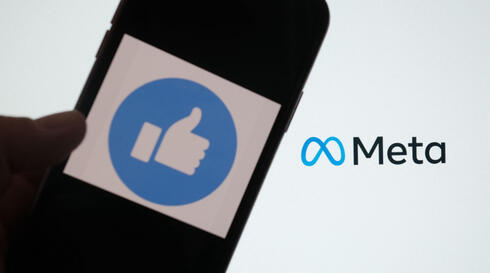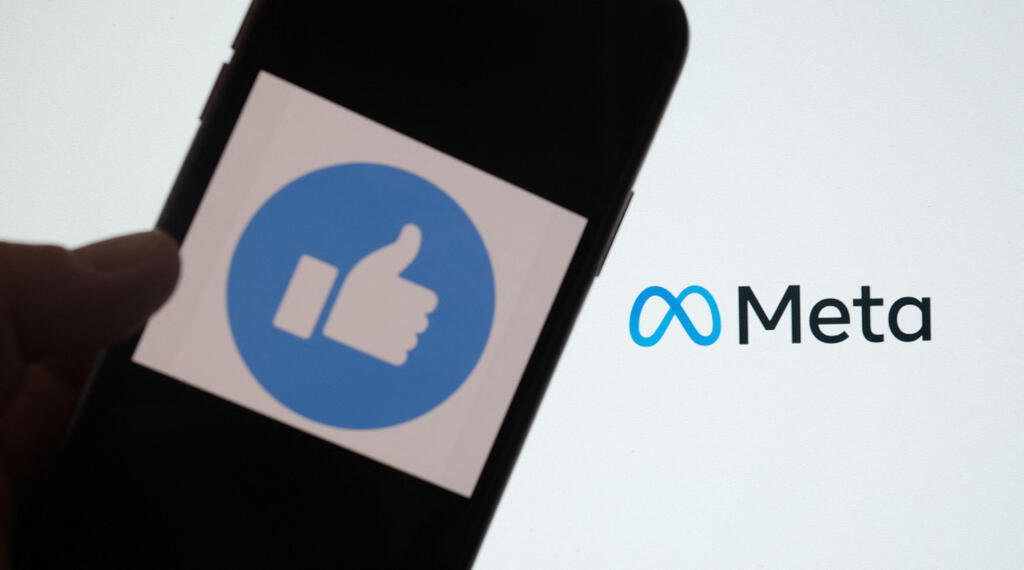
Meta shuts down Israeli network pushing AI-generated propaganda in U.S. and Canada
The Israeli network included 510 Facebook accounts, 11 pages, one group, and 32 Instagram accounts. Meta also said that it took down an Iranian network that was targeting users in Israel
Meta has removed a network of hundreds of Facebook and Instagram accounts that operated from Israel and launched an influence campaign targeting users in the U.S. and Canada, according to the company's quarterly threat report published on Wednesday. Meta also said that it took down an Iranian network that was targeting users in Israel.
The Israeli network included 510 Facebook accounts, 11 pages, one group, and 32 Instagram accounts. Meta said that it took the network down early in its audience-building efforts, before it was able to generate activity among authentic communities. The network had fewer than 500 followers on Facebook, fewer than 100 group members, and about 2,000 Instagram followers.
Meta noted that the network operators used fake or stolen accounts, with many identified and neutralized by Meta's automated systems. Despite the removal of accounts, the operators continued adding new ones, apparently purchased from account farms. The campaign also bought likes and followers from Vietnam to create a false impression of popularity.
Meta said that the network responded on the Facebook pages of international and local media organizations, and of public figures and politicians, including U.S. lawmakers. The responses included links to the network's websites and sometimes received critical responses from authentic users who called them propaganda. Meta said that it estimated that some of the responses were created using artificial intelligence.
"There are several examples across these networks of how they use likely generative AI tooling to create content. Perhaps it gives them the ability to do that quicker or to do that with more volume. But it hasn't really impacted our ability to detect them," said Meta head of threat investigations Mike Dvilyanski.
The network accounts impersonated local users in the target countries, including Jewish students and "concerned" African-American citizens. They mainly posted in English about the Israel-Hamas war, calling for the release of hostages, praising Israel's military actions, and criticizing anti-Semitism on campuses, UNRWA, and Muslims, while claiming that radical Islam threatens Canada's liberal values.
Meta identified the operator of the network as STOIC, a Tel Aviv-based company specializing in political marketing and business intelligence. Meta has blocked STOIC from its platforms and sent a letter demanding it cease any activity that violates Meta's policies.
Simultaneously, Meta removed an Iranian network targeting users in Israel. This network included 22 accounts, 8 pages, 8 Facebook groups, and 23 Instagram accounts. It had a broader influence than the Israeli network, with 900 followers on Facebook pages, 1,400 group members, and 3,200 Instagram followers.
The Iranian network's publications, mainly in Hebrew, focused on news and current events in Israel, including criticism of Hamas and support for Israel. One group pretended to be right-wing supporters and initially posted support for Prime Minister Binyamin Netanyahu. After the October 7 attack, this group shifted to support far-right policies and Itamar Ben-Gvir while criticizing Netanyahu's response. Other clusters included fictitious news outlets covering the ultra-Orthodox community, young liberal Israeli women promoting protests against the government, and liberal Israelis posting LGBT content.














